Nervous system disorders are among the leading causes of death and disability globally.
As brain research advances, how should study participants be protected? Bioethicist Saskia Hendriks has some ideas.
Nervous system disorders are among the leading causes of death and disability globally.
As brain research advances, how should study participants be protected? Bioethicist Saskia Hendriks has some ideas.
(back to outline)
Robert J. Sternberg has devoted much of his career to the study of various conceptions of human intelligence. Starting with his Triarchic Theory of Human Intelligence (Sternberg, 1985), he has expanded on his view of human ability and success. Successful intelligence is defined as that set of mental abilities used to achieve one’s goals in life, given a socio-cultural context, through adaptation to, selection of, and shaping of environments. Successful intelligence involves three aspects that are interrelated but largely distinct: analytical, creative, and practical thinking (Sternberg, 1998). Practical Intelligence is the ability to size up a situation well, to be able to determine how to achieve goals, to display awareness to the world around you, and to display interest in the world at large (Sternberg, 1990; Sternberg et al., 2000; Wagner, 2000). Prof. Sternberg is working on several projects that examine the interrelation of his various conceptions of ability in applied settings.
The problem of intelligence — its nature, how it is produced by the brain and how it could be replicated in machines — is a deep and fundamental problem that cuts across multiple scientific disciplines. Philosophers have studied intelligence for centuries, but it is only in the last several decades that developments in science and engineering have made questions such as these approachable: How does the mind process sensory information to produce intelligent behavior, and how can we design intelligent computer algorithms that behave similarly? What is the structure and form of human knowledge — how is it stored, represented, and organized? How do human minds arise through processes of evolution, development, and learning? How are the domains of language, perception, social cognition, planning, and motor control combined and integrated? Are there common principles of learning, prediction, decision, or planning that span across these domains?
This course explores these questions with an approach that integrates cognitive science, which studies the mind; neuroscience, which studies the brain; and computer science and artificial intelligence, which study the computations needed to develop intelligent machines. Faculty and postdoctoral associates affiliated with the Center for Brains, Minds and Machines discuss current research on these questions.
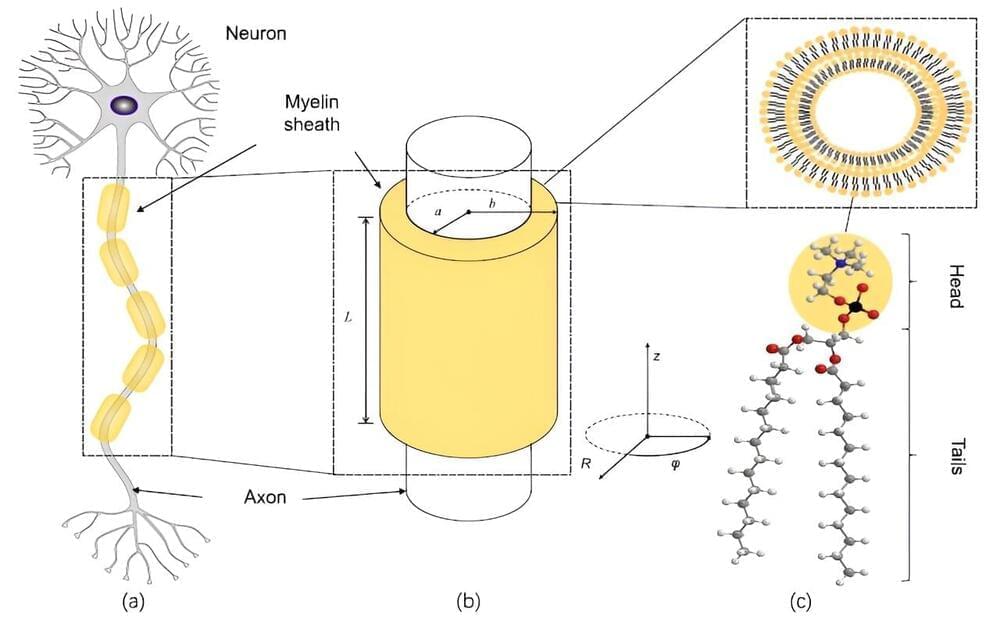
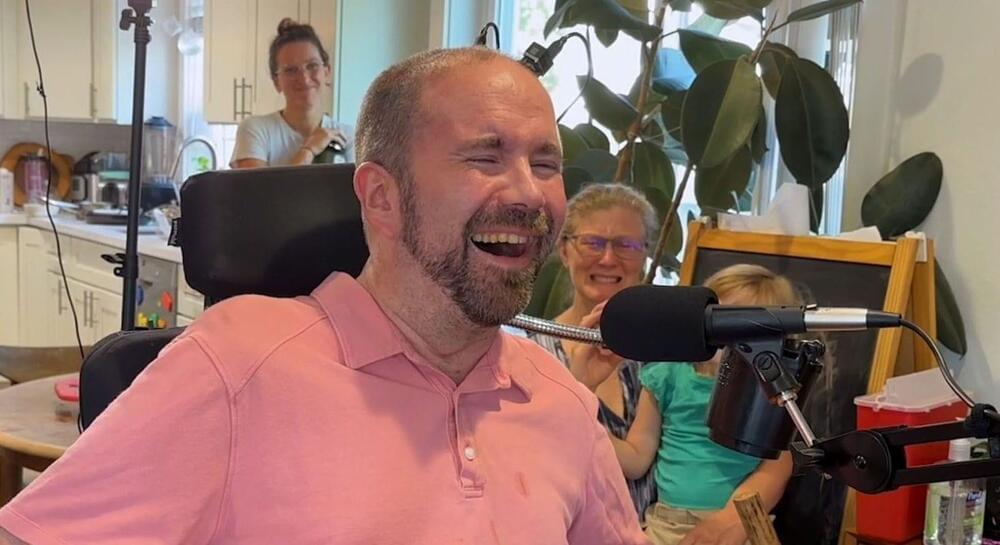
“Not being able to communicate is so frustrating and demoralizing. It is like you are trapped,” Harrell said. “Something like this technology will help people back into life and society.”
For the researchers involved, seeing the impact of their work on Harrell’s life has been deeply rewarding. “It has been immensely rewarding to see Casey regain his ability to speak with his family and friends through this technology,” said the study’s lead author, Nicholas Card, a postdoctoral scholar in the UC Davis Department of Neurological Surgery.
Leigh Hochberg, a neurologist and neuroscientist involved in the BrainGate trial, praised Harrell and other participants for their contributions to this groundbreaking research. “Casey and our other BrainGate participants are truly extraordinary. They deserve tremendous credit for joining these early clinical trials,” Hochberg said. “They do this not because they’re hoping to gain any personal benefit, but to help us develop a system that will restore communication and mobility for other people with paralysis.”

The dosage of tyrosine supplements given in studies greatly varies, ranging from fixed amounts of 2–20 g to 25–150 mg/kg of body weight.
Speak with a healthcare provider to discuss the most appropriate dose for your health concerns.
Many foods contain tyrosine, making it relatively easy to meet the daily requirements. Meat and meat products are among the best dietary sources. For example, each 6-ounce (oz) cooked serving of chicken and steak provides 1,446 mg and 1,640 mg of tyrosine, respectively.
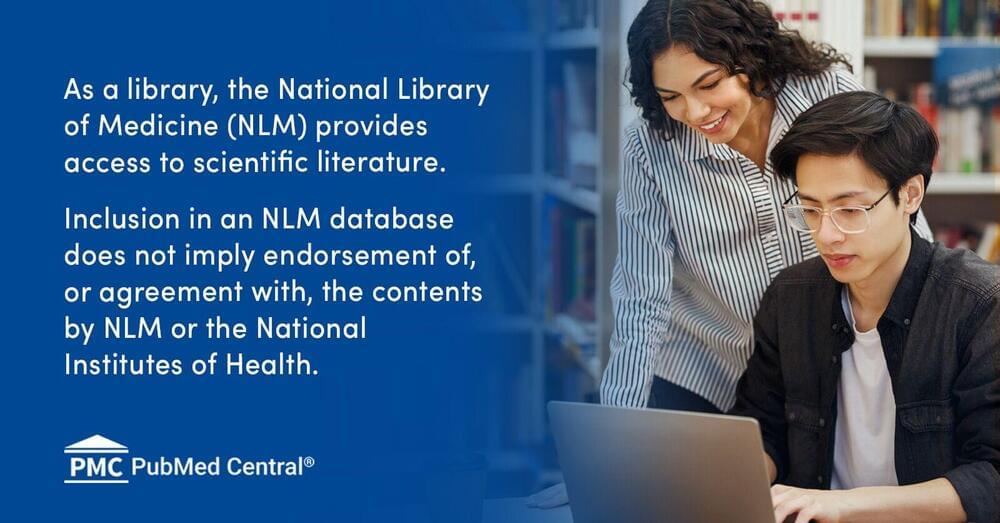
Fermented foods have been used for several years all over the world, due to their unique nutritional characteristics and because fermentation promotes conservation and food security. Moreover, fermented foods and beverages have a strong impact on human gut microbiota. Papaya is the fruit of the Carica papaya plant, traditionally used as a medicinal fruit, but there are also references to the use of the fermented form of this fruit. The main purpose of this review is to provide an improved understanding of fermented papaya nutritional and health applications. A literature search was conducted in the PubMed and Google Scholar databases. Both in vitro and in vivo studies were included. According to the retrieved studies, fermented papaya has proven to be an excellent antioxidant and an excellent nutraceutical adjuvant in combined therapies against several diseases, such as Alzheimer’s disease, allergic reactions, anticancer activity, and anemias. Therefore, it is concluded that fermented papaya has many benefits for human health and can be used as prevention or aid in the treatment of various diseases.
Keywords: fermented food, fermented papaya, health benefits, oxidative stress.
Karl Friston is a leading neuroscientist and pioneer of the free energy principle, celebrated for his influential work in computational neuroscience and his profound impact on understanding brain function and cognition. Karl is a Professor of Neuroscience at University College London and a Fellow of the Royal Society, with numerous awards recognizing his contributions to theoretical neurobiology.
Listen on Spotify: https://open.spotify.com/show/4gL14b9…
Become a YouTube Member Here:
/ @theoriesofeverything.
Patreon: / curtjaimungal (early access to ad-free audio episodes!)
Join TOEmail at https://www.curtjaimungal.org.
LINKS: — karl’s previous TOE episode: • karl friston: the \
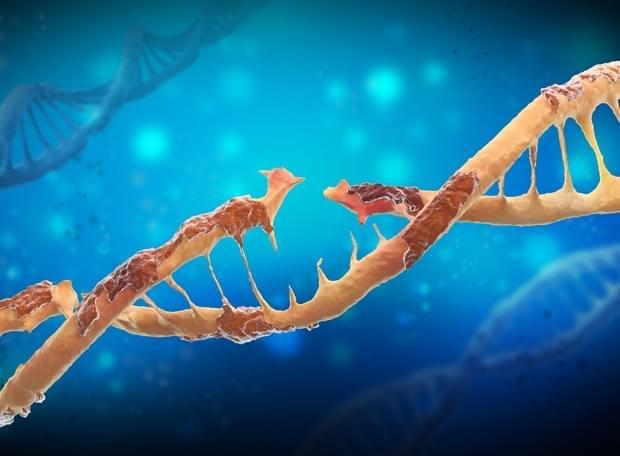
A new Australian study has identified why a diet rich in magnesium is so important for our health, reducing the risk of DNA damage and chronic degenerative disorders.
Scientists from the University of South Australia measured blood samples from 172 middle aged adults, finding a strong link between low magnesium levels and high amounts of a genotoxic amino acid called homocysteine.
This toxic combination damages the body’s genes, making people more susceptible to Alzheimer’s and Parkinson’s disease, gastrointestinal diseases, a range of cancers, and diabetes.
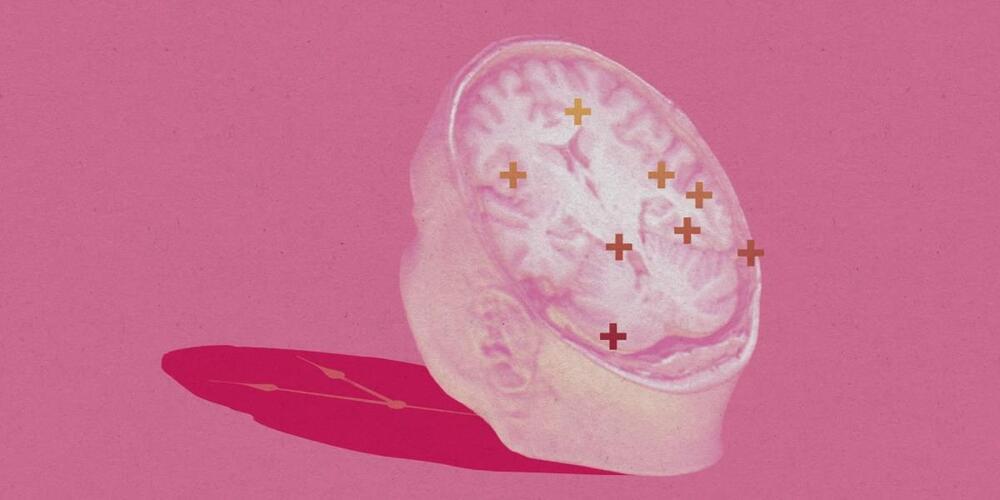
A US agency pursuing moonshot health breakthroughs has hired a researcher advocating an extremely radical plan for defeating death.
His idea?
Scholz is still skeptical though. “A new brain is not going to be a popular item,” he says. “The surgical element of it is going to be very severe, no matter how you slice it.”
Now, though, Hébert’s ideas appear to have gotten a huge endorsement from the US government. Hébert told MIT Technology Review that he had proposed a $110 million project to ARPA-H to prove his ideas in monkeys and other animals, and that the government “didn’t blink” at the figure.
ARPA-H confirmed this week that it had hired Hébert as a program manager.